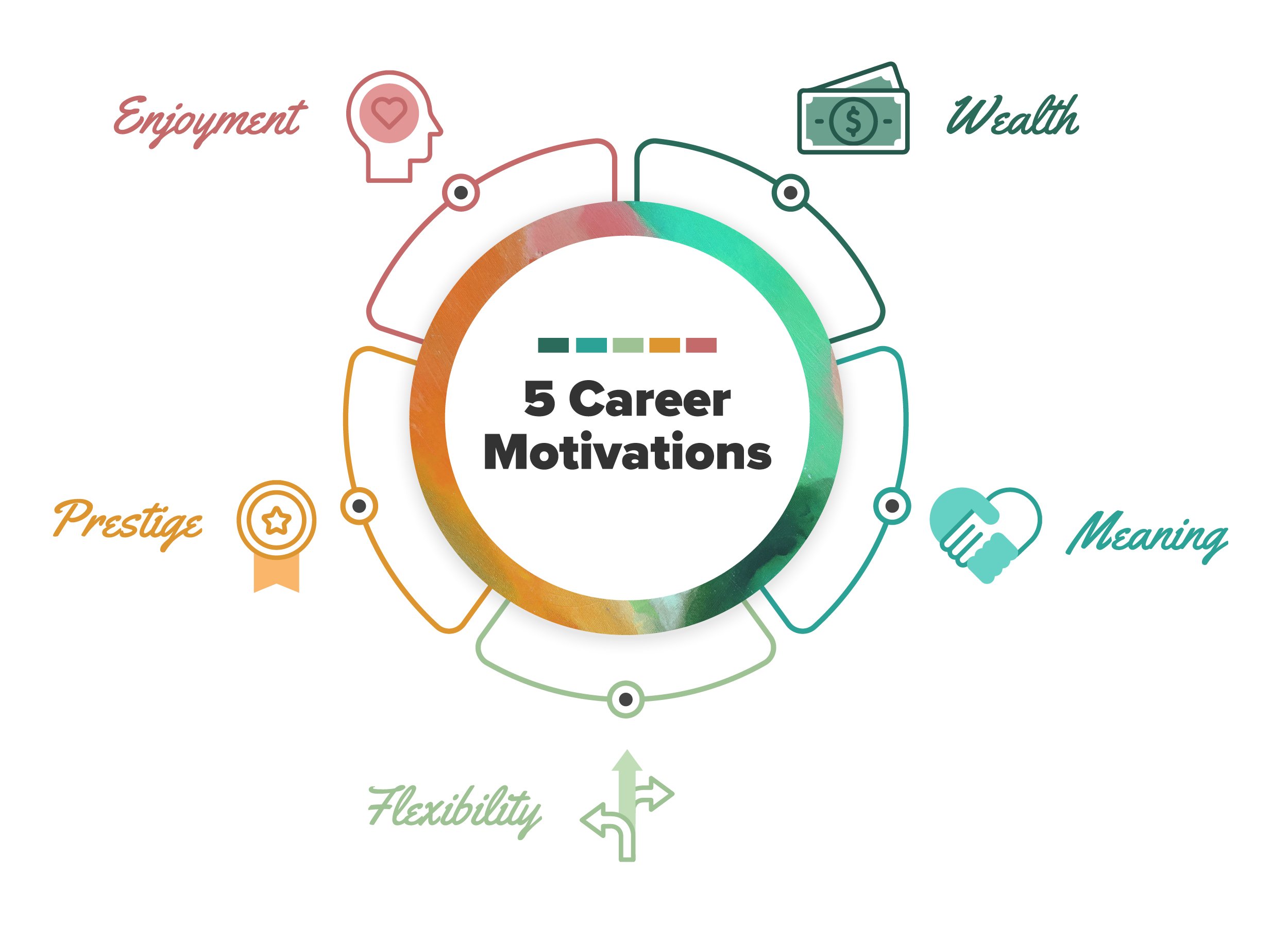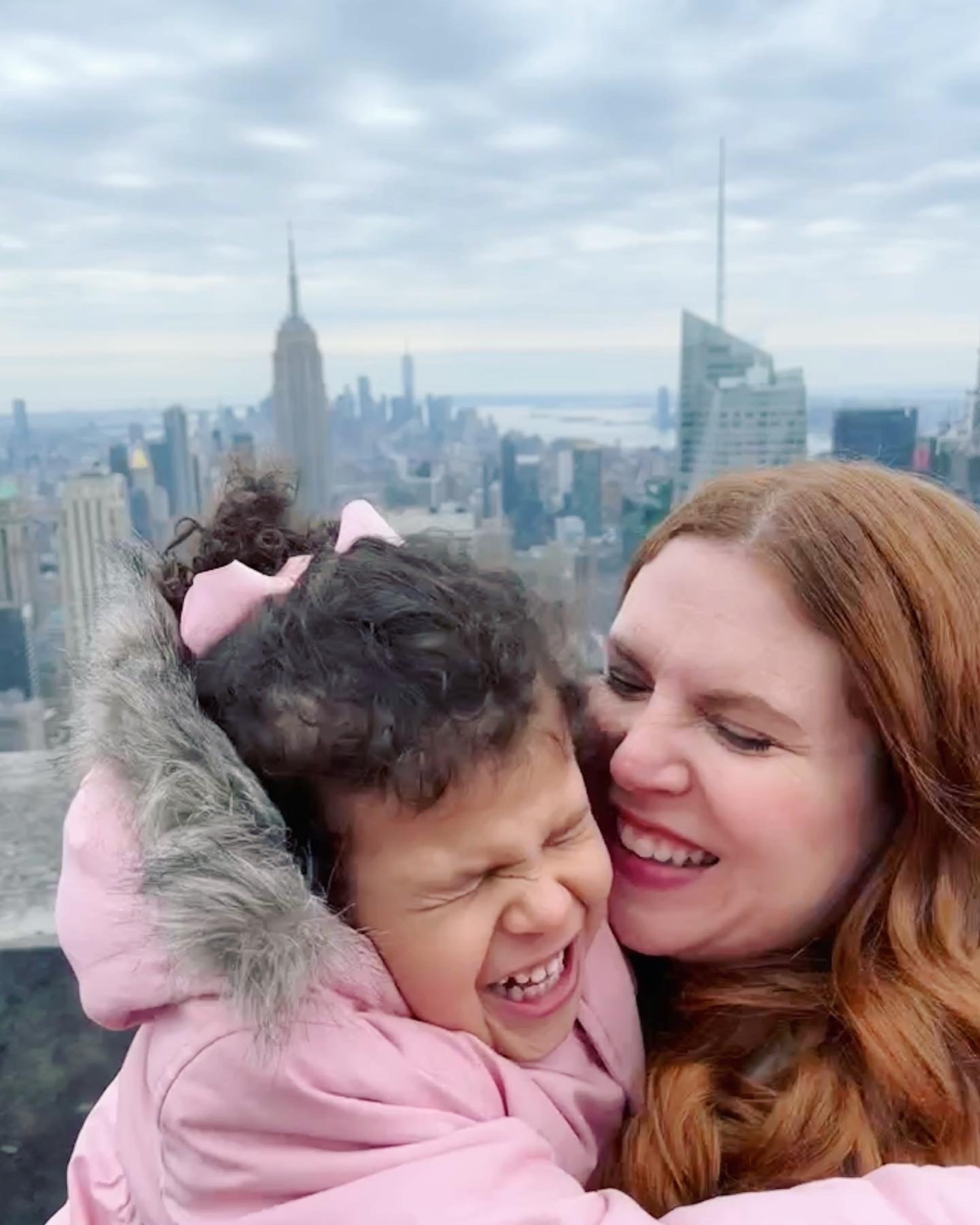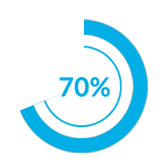How do we make an impact within our post-pandemic world? Damon Brown answers the question in his new book Build From Now: How to Know Your Power, See Your Abundance & Nourish the World (January 28, Bring Your Worth Publishing).
The follow-up to his best-selling book series The Ultimate Bite-Sized Entrepreneur and Bring Your Worth, serial entrepreneur and business coach Damon Brown breaks down the four resources we all need to succeed: Focus, Agility, Time, and Energy. (You can learn your biggest strength right now for free at BuildFromNowQuiz.com.)
The challenge, he argues, is two fold: we don’t recognize our biggest resource and the environment itself can overpower us because we don’t see our own power.
Below is a brief excerpt.
In my research, I’ve found the very ways to maximize your biggest resources also match how you can best compensate for your lowest resources. For instance, if you have an abundance of Time, then you can maximize it by setting clear, definitive boundaries and strong, strategic goal setting. How do you handle things when Time is scarce? Set clear, definitive boundaries and do strong, strategic goal setting. As Wharton professor Adam Grant says, it’s not about time management, but attention management, and we can use that whether we have a bunch of time or not much time to spare. They present different sides of the same coin.
Some books recommend taking the knowledge specific to you and reading that chapter. This isn’t one of those books. In fact, that would be a mistake. Your resources aren’t monolithic.
We all have the ability to Focus, to be Agile, to maximize Time, and to use Energy. We do until the day we die. So each one of these resources are immediately relevant to you. They all are. Stories, examples, analogies, and contrasts between the different resources are woven throughout.
My recommendation? Take the quiz online at www.buildfromnowquiz.com, read the book, then take the quiz again. You’ll be able to get a feel for different resources, which is important because your primary resource today is based on personal and professional circumstances that will likely change tomorrow. Remember, your resources are not fixed. If you take the quiz post-reading, you could be pleasantly surprised, too.
The veil between you and your subconscious self thins when you have an intense, life-relevant experience. A messy divorce, a painful funeral, or a child’s birth don’t automatically cause reinvention; two people may have the same experience, but one may seem unchanged, while the other utterly transformed.
Usually, though, the veil is too thick for us to be objective. Through reading this, I want us to slow down enough to see the patterns, feel the pain, and respect our past and present enough to acknowledge our best strengths and limitations.
Your dominant resource represents what classic business theorist Chris Argyris calls your “Ladder of Inference.”
We go through five steps when we get new information:
we select the data relevant to us;
we paraphrase the data in language we understand;
we label the data to describe what we believe is happening;
we explain or evaluable what’s happening;
and we decide what to do.
Then we do it.
This would be less important if we looked at every experience in a fresh light. But we don’t. We begin to see what we believe and experience things in ways that confirm the world to be.
This phenomenon plays into our FATEs. It is why we will keep doing all-nighters (Energy as our primary resource) even though we’re way past a point in our life when it makes sense; It may be more efficient and comfortable stretching the deadline (Time as our primary resource), but we’re locked in the habit.
There are a few things at work here.
First, we have “confirmation bias,” which means we’re more likely to accept data that fits our worldview and, frankly, our ego. We like feeling right more than actually being right. It gives us security.
Second, the more you think about something, the more likely you’ll see it. For instance, if you worry about your ability to maximize your Time, then you’re more likely to be paralyzed when you have to decide what to do with it – and then end up wasting your Time, confirming your own theory. Theorists call it the Baader-Meinhof phenomenon.
Third, Argyris’ Ladder of Inference theory is the equivalent of an online “filter bubble,” as your options begin to feel narrower and narrower because the framework is built to give you more of the same. Your mind works like a modern Internet browser, website, or social media platform: you liked this message from McDonalds? Well, let’s show you an ad from Burger King, Wendy’s, and Jack In The Box. You bought this crib? Well, let’s suggest you buy baby bottles, rompers, and a car seat.
And you like being Agile? Makes you feel at your best? Feeds your ego, too? Well, we’ll keep putting you in situations where you have to adjust at the last minute. Let’s keep you feeling good.
The Ladder of Inference calls it a “reflexive loop” and it can have you leaning on a particular resource out of habit.
As you look into your resources, do not believe one particular strength is the answer. Focus, Agility, Time, and Energy are all necessary for you to make any sort of impact on the world.
Your resource is the filter to your world. As the saying goes, if you have a hammer, then everything is a nail. But the most dangerous thing is not knowing you’re using a hammer at all.






















